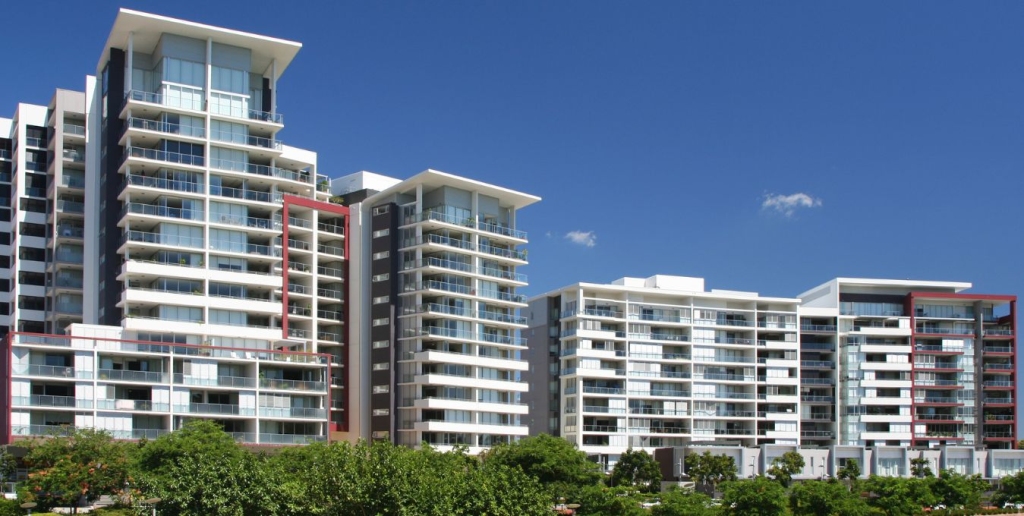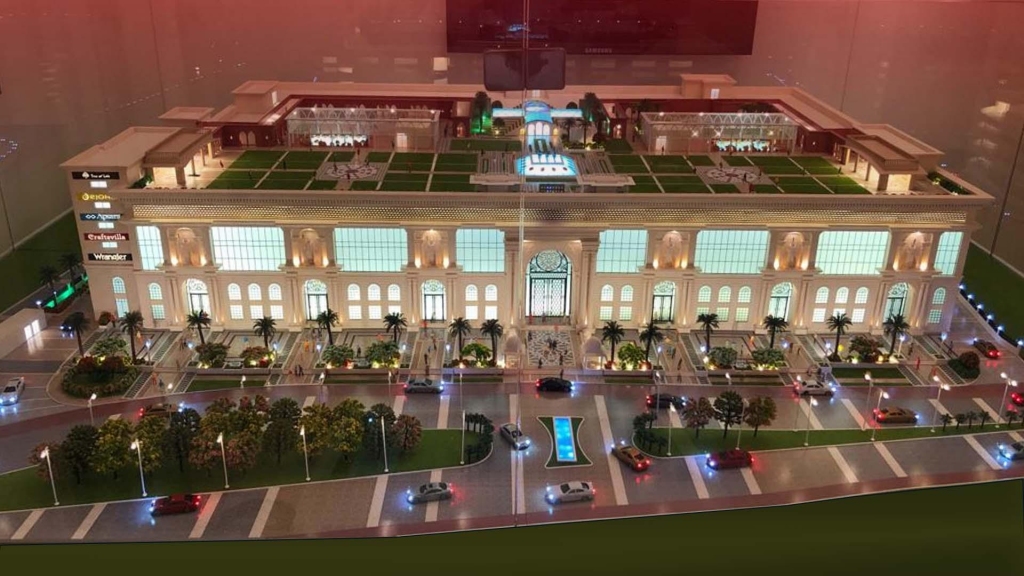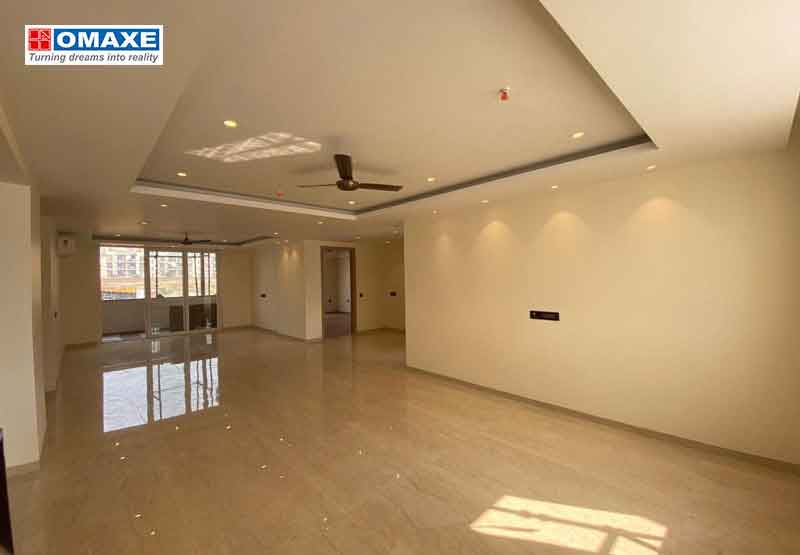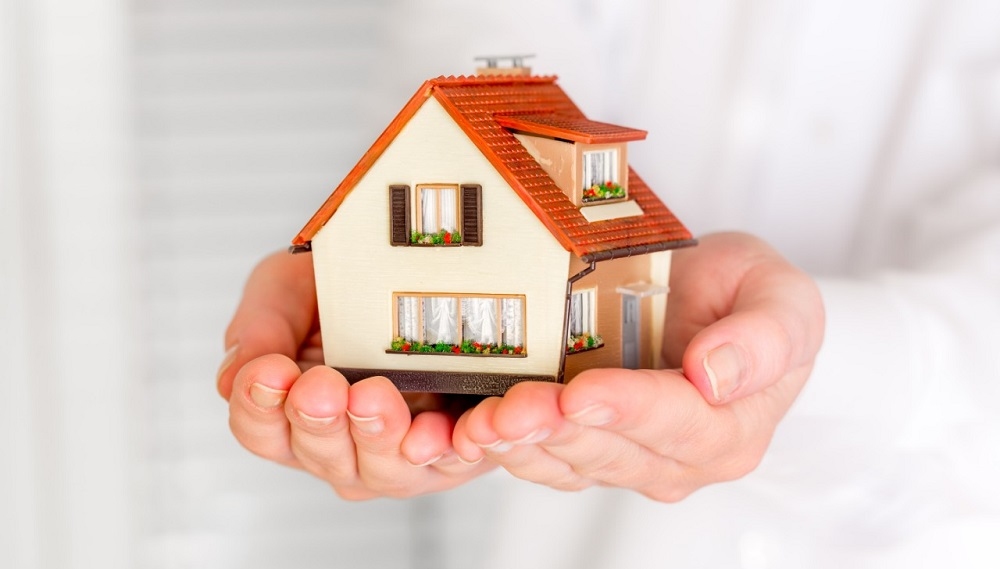Commercial properties are an excellent investment option, which guarantees good returns and is safer than stocks or other investment options. Though it requires larger capital, if one can invest in it, it can generate cash flow, which other investment routes lack or do not generate up to the same level. If you are looking to buy a commercial property in India, there are some vital things that you need to look for before investing your hard-earned money.
Top 15 Tips for Buying Commercial Properties in India
- Do proper market research.
- Review the location.
- Types of commercial properties
- Consider your investment options.
- Consult an expert.
- Check for all the necessary approvals.
- Evaluate the layout plan.
- Lease structure.
- Choose the right builder.
- Acknowledge the risk factor.
- Infrastructure and Neighborhood
- Assess the rental earnings after tax and insurance.
- Value Assessment
- Flexibility and scalability
- Check the quality of the tenant
1. Do a proper market research
Before investing in commercial real estate, you need to research the market. You need to assess carefully whether you want a resale commercial property or a new one. The new one carries more risk than a good resale commercial property but also can help you reap better rewards.
Tier II and Tier III cities are becoming the real growth engines of India and have the capability of offering better real estate returns. You also need to check the upcoming projects in any area, local buyer behaviour and expenditure patterns.
2. Review the location
After you have selected a location, you need to see the features of the location. It needs to have multi-modal connectivity through roads, metros, railways, or nearby airports. The location should have developed or developing markets.
Some areas, currently lacking such connectivity but having the requisite space and prospect of development, will provide better returns in the long term.
3. Types of Commercial properties
Once you have reviewed the location carefully and ensured proper connectivity through various modes, you need to select the type of commercial property that you need to invest in. Today there is a wide mix of commercial property ranging from SCOs, retail shops, office buildings, industrial complexes, etc. A residential property can also be bought and used to earn rent.

4. Consider your investment options
Each of the above-mentioned product mixes should be evaluated based on location suitability and future appreciation. You should also look for the product that best suits your budget and assess the inherent risk that comes with any investment. You also need to ascertain the amount of involvement you want in your real estate investment. Some buyers want complete involvement, while others require agents who will manage your property for you.
5. Consult an expert
If you are new to investing and unaware of real estate, then it is best to consult experts. There are many real estate consultants, lawyers and property developers who are experts in this field and will guide you through the entire investment process.
This will save you time and the accompanying hassle with minimum costs. Especially when the investment is large, it is better to consult these experts.
6. Check all the necessary approvals
Check if the builder has had all the necessary approvals from the local body/ municipality. Here is a checklist that you can go through.
- Title documents and nature of title of the property.
- Verify the identity of the seller.
- See the land use permit or if the land has been converted from its original nature, the conversion permission.
- See that the builder has no objection certificate from the pollution board, sewage board, traffic department, environment department, etc.
- Check occupancy certificate.
- Status of tax payment.
- Encumbrance certificate from the jurisdictional sub-registrar office.
- Check physical access to the property.
- Check the RERA (Real Estate Regulatory Authority) approval.
- Check documents related to outstanding taxes, if any, by the developer/current owner.
7. Evaluate the layout plan
Evaluate the layout plan before investing in any property. A sound layout plan includes the size of plots with dimensions of building lines and setbacks. It includes the location and width of the existing as well as the proposed roads, the location of drains, public facilities, and services along with electricity lines, a statement indicating the total area of the site, the area under roads, open space for parks, playground, recreational spaces, and other public places, as required by a specific section of the development code.
8. Lease structure
If you will lease your property, then it is important to know the difference between a gross lease and a net lease. This will help you negotiate with your tenants better; the details of maintenance and repair of the property, the lock-in period, and the taxes associated with the property. A long-term lease is better than a short-term lease. A well-drafted lease document will save you a lot of trouble later.
9. Choose the right builder
You should find a renowned builder, especially one who has delivered several projects in the concerned locality. This will reduce your risk of losing money on your investments. A builder with a legacy of delivering quality projects will help you to lease out the building easily, as the builders have a legacy to uphold.
10. Acknowledge the risk factor
As the saying goes, “the best-laid plans of mice and men go to waste,” so with any investment, there comes a certain amount of risk. You should weigh your risk appetite before investing in anything. You should never invest money which you cannot afford to lose. So, it is important to assess the risk that comes with buying any type of real estate.
One of the risks that come is the risk of credit: your tenant may not pay the rent on time. There is also the risk of inflation as the actual value of the rents may not appreciate as expected. The risk of the location not developing as projected also looms large. Future liquidity options and environmental and other regulations may also play a spoilsport on your expectations.
11. Infrastructure and Neighborhood

Before purchasing a commercial properties, you should check the physical infrastructure near the property. Good connectivity through roads, metros, and railways are some prerequisites for companies settling in an area. This accompanying infrastructure not only brings ease of movement but also saves time for people. People would not move to a location that does not have these basic connectivities or does not have the prospect of them coming in.
People also are gradually becoming environment conscious and look for the ecology of an area before buying, be it commercial or residential property. So, you need to look for green acreage in and around the property.
A property appreciates faster if there are many developmental projects going on in an area. Look for an area where there are many reputed builders which means the locality has also been vetted by many people with the requisite knowledge.
12. Assess the rental earnings after tax and insurance.
You need to assess the cash flow of a prospective property by calculating the expected rental income from it. You need to find out the current market rate of rent in that area, which will give you a general idea of your expected earnings. Bear in mind that the expected earnings may not materialize but also can grow beyond expectations.
Rental property in India is taxed under Section 24 of the Income Tax Act. Rental earnings on a property are calculated by deducting 30 percent tax plus municipal tax from the Gross Annual Value of a rental property. The Gross Annual Value of a property is calculated by the annual rent on a property. Rental earnings up to 2.5 lakhs are exempt from taxation.
13. Value Assessment
Value assessment of a property is important before buying it. You can do it by various methods such as Cost Approach, Market Approach, Income Approach, or Sales Comparison Approach.
The cost approach is the best when you are buying an already-built property. In this approach, you need to compare the cost of an already-built property to the cost of building a new one, which would include the cost of buying land plus the construction costs. If you are going to lease out your property, then you should consider the probable cost incurred for a new property by a lessee, wherein he must build the interiors according to his specifications versus an old property where minor modifications would be enough.
The Market Approach compares the cost of your prospective property to the cost of a similar property in a similar area. This will help you assess the actual cost of your property.
The Income Approach helps to calculate the projected gross annual income of your property if you are going to lease it out. You should discount all the taxes and maintenance charges before calculating your net annual income.
The Sales Comparison Approach compares similar saleable properties in an area. This will help you avoid paying a higher cost for your property.
14. Flexibility and scalability
The flexibility and scalability associated with a property help in better appreciation of the property. If a property is flexible enough, it can be multipurpose and can be used by various businesses. This will help you get better rent for your property.
The scalability of a property is defined by the ease with which it allows for future expansion. Some zoning laws might prevent vertical expansion in an area. Check the zoning laws of the area before buying a commercial property.
15. Check the quality of the tenant
Check the quality of the tenants in the area before investing. If you are buying office space it is better to have reputable companies as your tenants. Checking the occupancy in the surrounding areas will give you an idea of the type of tenants settling in the locality. If you are lending to large companies, it is better to have a long-term lease agreement. A long-term lease agreement helps you handle the downturn cycles of an economy better.
You should also check the quality of the tenants in a township or locality if you are buying a residential property for commercial purposes. That is why it is important to buy such a property from a reputed builder.
You are ready now!
Once you have gone through the entire checklist of 15 points mentioned above, you are now ready to buy a Commercial Properties. This is not a comprehensive list and there will be a lot of novel situations and factors which could affect the returns from a property, but this list will help you avoid common pitfalls while purchasing any commercial property.



3 Comments
Comments are closed.